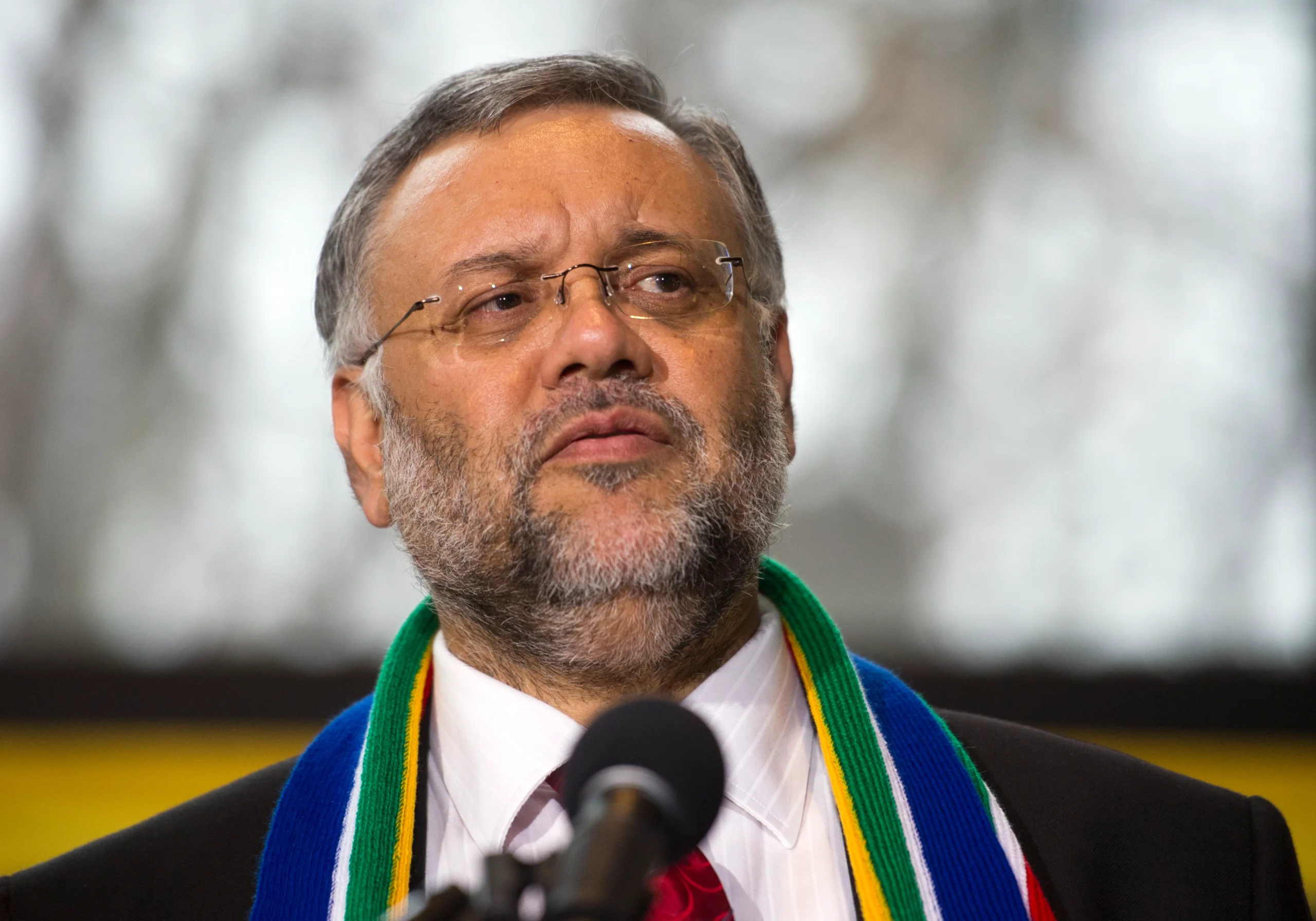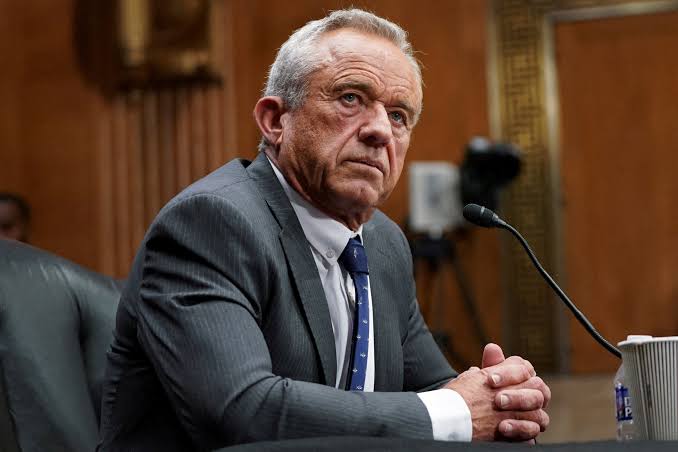Taiwan is considering purchasing arms from the United States worth several billion dollars, according to sources informed about the situation, aiming to gain support from the incoming Trump administration as China intensifies military pressure on the island.
Three individuals familiar with the matter, who spoke to Reuters on the condition of anonymity due to the delicate nature of the discussions, reported that Taiwan is in negotiations with Washington.This arms package is intended to signal to the United States that Taiwan is serious about its defense efforts, as indicated by one of the sources.
A different source mentioned that the package could include coastal defense missiles and HIMARS artillery rockets.”I would be quite surprised if it were below $8 billion, probably somewhere in the range of $7 billion to $10 billion,” the source remarked.
The White House has yet to respond to a request for comment. Nevertheless, U.S. national security adviser Mike Waltz has expressed a desire to accelerate the delivery of arms to Taiwan.Taiwan’s defense ministry refrained from commenting on specific acquisitions but affirmed its commitment to strengthening its defenses.
“Any weaponry and equipment that align with our objectives for military enhancement are considered as potential acquisitions,” the ministry noted.China views Taiwan, which has a democratically elected government, as part of its own territory and has not ruled out the use of force to assert control over the island.
Taiwan firmly opposes China’s sovereignty claims and insists that only its citizens can determine their future.
TRUMP-TAIWAN RELATIONS
U.S. President Donald Trump caused concern in Taiwan’s semiconductor sector during his election campaign by claiming the island had taken American semiconductor jobs. Recently, he has also threatened tariffs on chip imports.Despite this, his administration has upheld diplomatic backing for Taiwan, which China claims.On February 7, Trump and Japanese Prime Minister Shigeru Ishiba released a joint statement opposing any efforts to alter the current conditions in the Taiwan Strait through force or coercion. The U.S. State Department also removed statements from its website indicating non-support for Taiwan’s independence, a change welcomed by Taiwan’s government.
China has urged the U.S. to “address its errors.”Taiwan is preparing to present a special defense budget that emphasizes precision munitions, enhancements to air defense, improvements to command and control systems, equipment for reserve forces, and technology to combat drones, according to a third source familiar with the discussions.
Read more: Trump says, Reciprocal Tariffs will be Implemented Today
During his presidency from 2017 to 2021, Trump initiated consistent arms sales to Taiwan, including multi-billion dollar agreements for F-16 fighter jets. The Biden administration has also continued these sales, although often with lower financial amounts.
Taiwanese officials are observing promising indications from Trump’s administration, even as the threats of tariffs dampen some hopes.Taiwan believes that Trump is not aiming to negotiate a “grand bargain” with Chinese President Xi Jinping that would compromise Taiwan’s interests, according to one of the sources. Instead, Trump appears more focused on imposing tariffs on semiconductors, the source stated.In another indication of U.S. dedication to Taiwan, the leading U.S. diplomat in Taiwan, Raymond Greene, is set to keep his position, according to three sources who spoke with Reuters, even as significant changes occur in other U.S. diplomatic roles.
The U.S. State Department did not promptly address a query regarding the status of Greene’s position.





